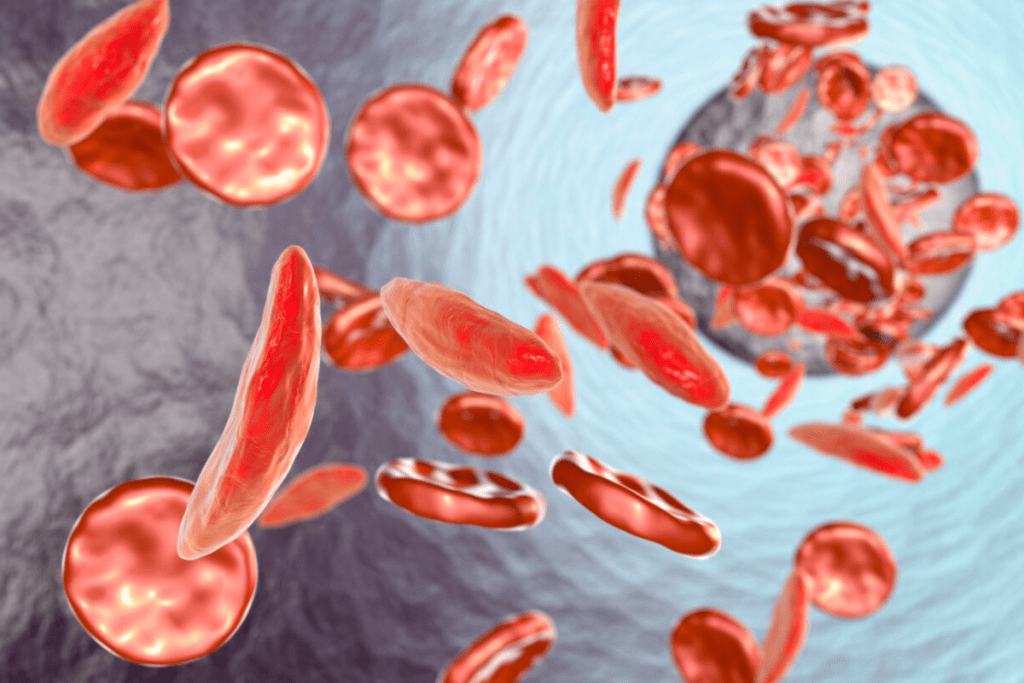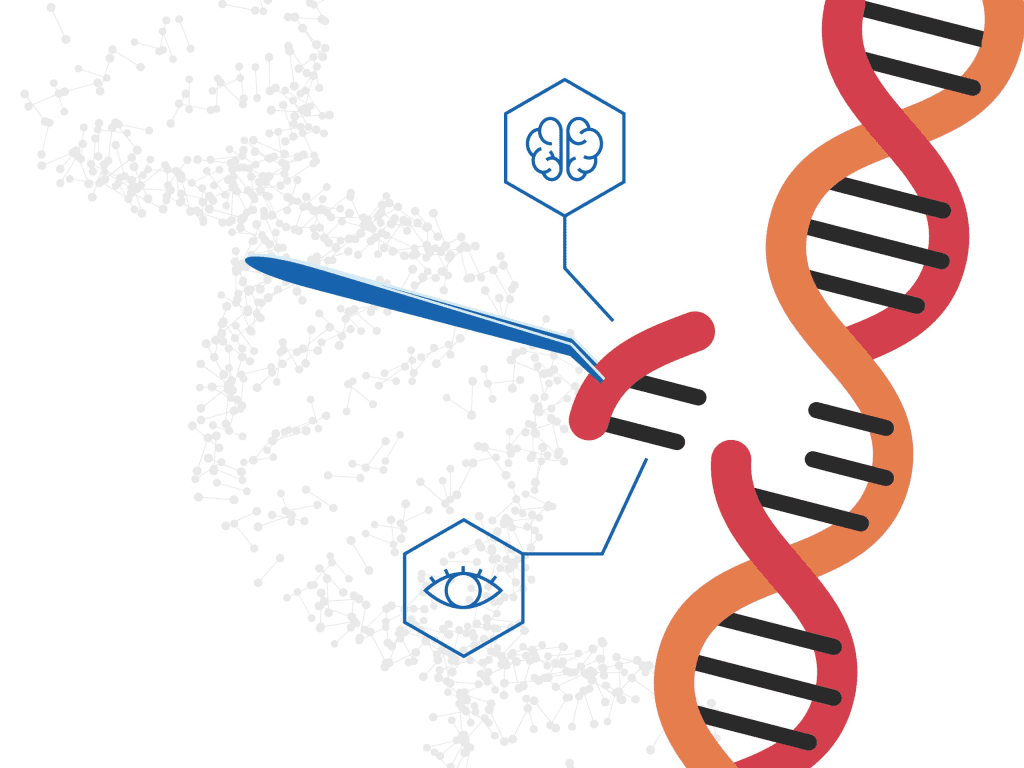Last Updated on October 20, 2025 by
Gene therapy is changing medicine, bringing new hope for diseases like sickle cell disease. Researchers are working toward a potential sickle cell cure, as new treatments continue to show promising results. But the age limits for these therapies are changing fast, thanks to new research and better ways to treat patients. Gene therapy is getting a big update, with age limits changing due to the FDA and new technology. For example, the FDA now allows Elevidys gene therapy for kids 4 and up with Duchenne muscular dystrophy.

We’re all about top-notch care and new ideas at our place. We aim to give the best healthcare and support to patients from around the world.
Gene therapy is changing, and age is no longer a big issue. This medical treatment uses genes to prevent or treat diseases. Recently, the FDA approved two gene therapies for sickle cell cure, exagamglogene autotemcel and lovotibeglogene autotemcel, for patients 12 years and older. This is a big step forward for gene therapy across different age groups.

Gene therapy tries to fix or replace a faulty gene. This can cure the disease or help the body fight it better. The FDA has approved gene therapy for several conditions, including cancer and inherited blood disorders.
This therapy is changing how we treat genetic diseases. It brings new hope to patients and their families.
Before, gene therapy had age limits. It was seen as too risky or unproven for younger or older patients. But, as research and technology improved, these limits started to fade.
Now, the field is moving towards treating people of all ages. This makes gene therapy more inclusive.
The FDA’s recent approvals for gene therapies for sickle cell cure in patients 12 years and older are a big change. As the FDA’s press announcement shows, this move makes gene therapy more accessible to different age groups. We are committed to keeping up with these changes to give our patients the best care.
As gene therapy evolves, we expect to see more age groups included. The medical community is working hard to make sure these treatments are safe and work for all ages. With ongoing research, the future of gene therapy looks bright, opening up new ways to treat genetic diseases.
Gene therapy has changed how we treat genetic diseases. But a patient’s age can affect how well it works. It’s important to know how age impacts gene therapy results.
How our bodies change with age affects gene therapy. For example, gene therapy treatment for sickle cell anemia looks promising. Treatments like Casgevy change stem cells to prevent sickle-shaped red blood cells. But a patient’s age can influence how well it works.
Younger patients might respond better to gene therapy. They have fewer health problems and a stronger immune system. Older adults face more challenges due to age-related health declines.

The immune system’s maturity is key to gene therapy’s success. Studies show that ethnicity and gender can affect how well the immune system reacts. Older adults, and women in particular, might be at higher risk for immune reactions.
The immune system’s response to gene therapy varies with age. Adults might react differently to the therapy than children do.
Long-term effects are important when looking at gene therapy for different ages. Younger patients need to consider long-term benefits and risks. They have more years to face possible complications.
Older adults have different concerns. They focus on immediate benefits and safety due to their shorter life expectancy and complex health issues.
Understanding these age-related factors is key. It helps tailor gene therapies like Casgevy and sickle cell therapies to each patient. This makes them safer and more effective.
The FDA is key in making sure gene therapy products are safe and work well. They’ve approved gene therapies for sickle cell disease. This shows their dedication to bringing new treatments to patients.
At Livhospital.com, we follow the latest in gene therapy research. We aim for top-notch, ethical care. As these therapies grow, we stay focused on the highest care and ethics standards.
It’s important to know what cell and gene therapy are. This helps us understand the rules for using them in different age groups. The FDA’s approval is critical for ensuring treatments are safe and effective.
Gene therapy is a medical treatment that uses genes to prevent or treat diseases. It introduces healthy copies of a defective gene into cells. This allows the body to produce proteins needed to fight the disease.
The FDA has approved gene therapies for sickle cell disease for patients 12 years and older. But, age limits can change based on the treatment and condition.
Age affects gene therapy’s safety and effectiveness. Differences in physiology and immune system maturity are key. Our healthcare team considers these factors for personalized care.
Casgevy is a gene therapy for sickle cell disease. It has shown promise by reducing vaso-occlusive crises. It modifies genes to produce healthy red blood cells.
Yes, gene therapies are approved for various age groups. For example, the FDA approved Elevidys gene therapy for Duchenne muscular dystrophy for patients 4 years and older.
The FDA is key in approving gene therapy products. They ensure treatments are safe and effective. We follow the highest standards of care and ethics.
Gene therapy is a potentially curative treatment for sickle cell disease. Recent advancements show promise. We are committed to delivering cutting-edge care to our patients.
Cell and gene therapies treat diseases using cells or genes. Gene therapy introduces healthy genes into cells. Cell therapy uses cells to repair or replace damaged tissues.
Subscribe to our e-newsletter to stay informed about the latest innovations in the world of health and exclusive offers!